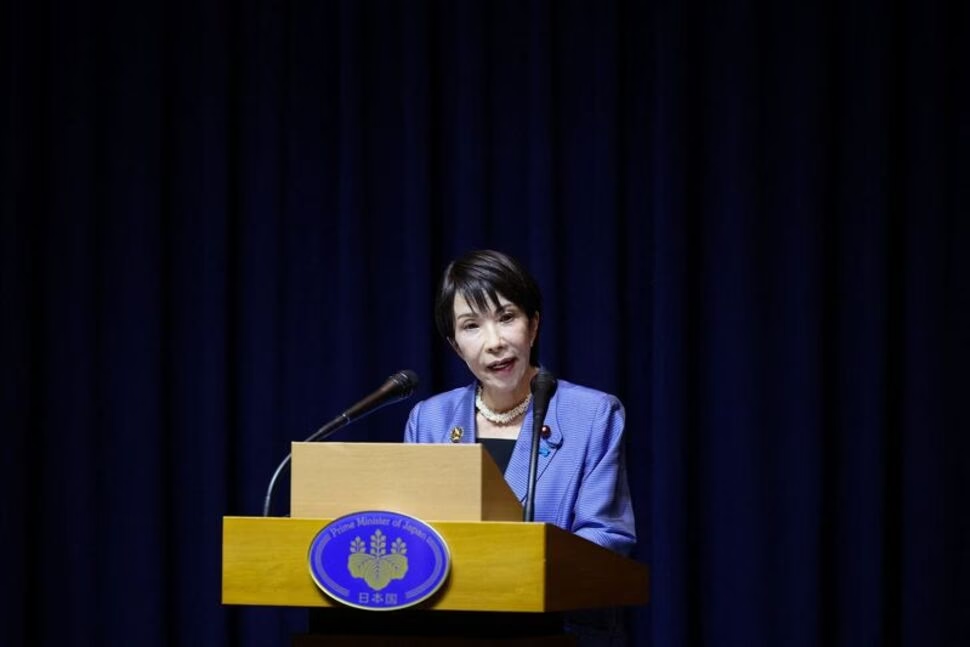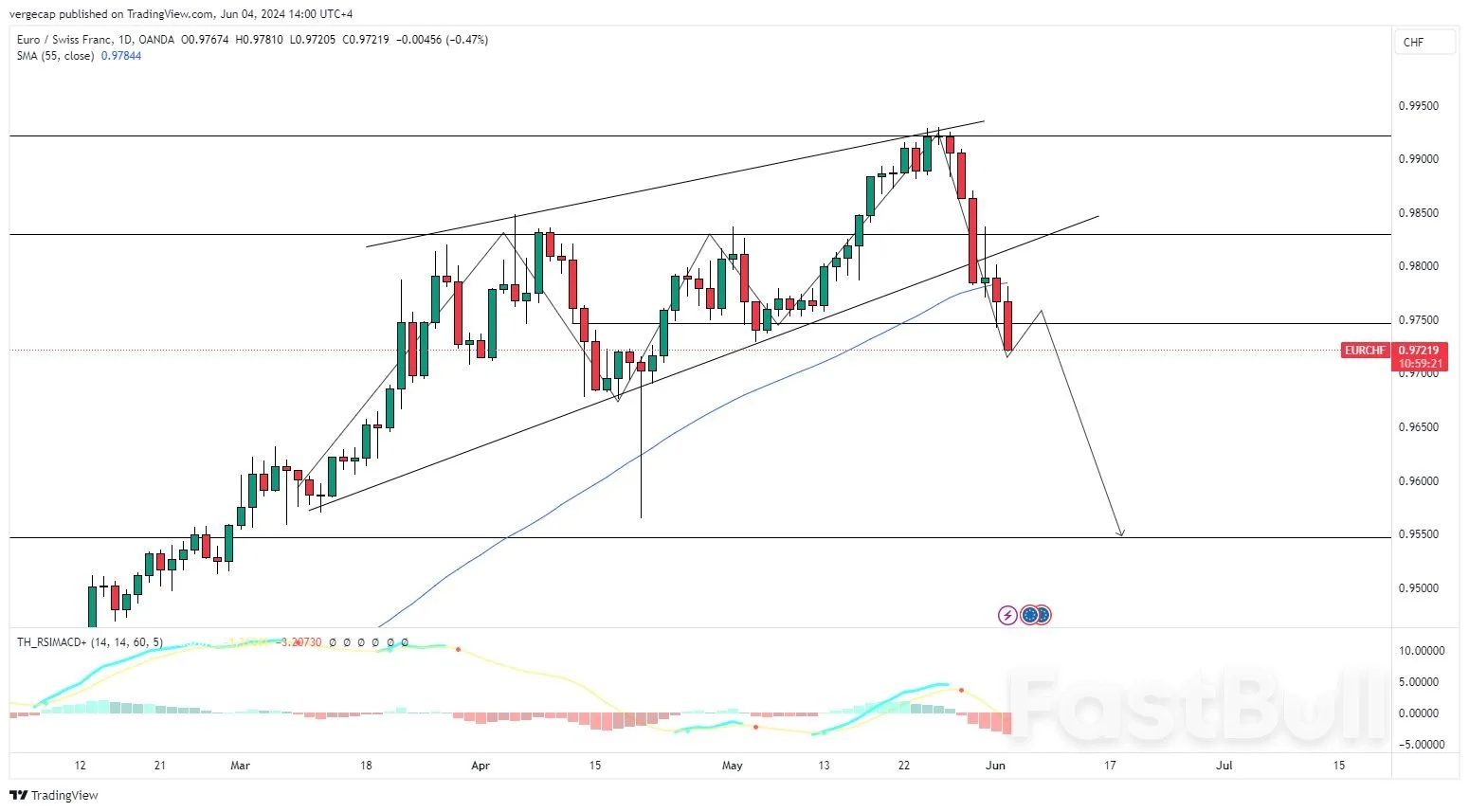Japanese Prime Minister Sanae Takaichi said on Saturday that she has no plans to renegotiate the $550 billion investment package previously agreed upon with the United States.
“I believe that even if the prime minister changes, promises made between governments should not be altered,” Takaichi told reporters at the conclusion of a week of diplomatic engagements, including a summit with US President Donald Trump.
She declined to comment on the recently signed trade deal between South Korea and the United States, saying details of the agreement have not yet been made public.
Before assuming office last month, Takaichi had suggested that tariff renegotiations with Washington could be considered if Japan’s national interests were adversely affected.
A hardline conservative, Takaichi made history as Japan’s first female prime minister, breaking political barriers for women while steering the country toward a more right-leaning policy direction.
During her visit to Gyeongju, South Korea, for a regional summit, Takaichi met Chinese President Xi Jinping and South Korean President Lee Jae Myung. She said both Japan and China had agreed to maintain a “constructive and stable relationship.” Chinese state media quoted Xi as saying that the two nations should not regard each other as threats.
Earlier in Tokyo, Takaichi held her first bilateral meeting with Trump, describing their discussions as “frank, direct, and relationship-building.”
US, Japan Sign Rare Earths and Nuclear Power Pact
In a separate development, President Trump and Prime Minister Takaichi signed a framework agreement focused on next-generation nuclear power reactors and rare earths. The deal aims to secure a stable supply chain for rare earth elements—essential for products ranging from electric vehicles to fighter jets—while reducing dependence on China’s dominance in the sector.
The agreement also opens doors for Japan to re-enter global nuclear export markets through collaboration with the United States on advanced reactor technologies.



